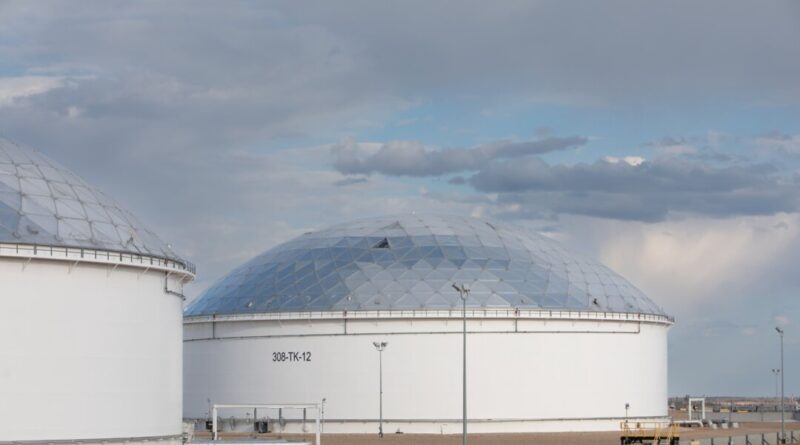Enbridge Calls for Major Changes in Canadian Policy to Support Energy Export Projects
Concerns are mounting about Canada’s dependence on the U.S. for energy exports, according to Enbridge Inc. CEO Greg Ebel. He stated that significant shifts in government policy would be necessary to launch a major new energy export project in the country.
During an earnings call, Ebel outlined several criteria, including legal guarantees for a pipeline, the elimination of various environmental policies, increased funding for indigenous involvement, and clearer cost and financial return estimates, before the company would contemplate resurrecting projects like the Northern Gateway pipeline.
“To seriously consider reinvesting in a project like that, whether it’s east, west, or just west, we need to see substantial changes on multiple fronts,” Ebel emphasized.
He insisted on legislative changes at both federal and provincial levels designating an energy project as being in the national interest and legally mandated, as well as the removal of policies such as an emissions cap, carbon tax, and new environmental assessment regulations.
“A considerable amount of coordinated federal and inter-provincial legislative and regulatory action would be necessary before investors, management teams, or customers can approve such projects,” added Ebel.
Ebel noted that Enbridge and its investors suffered significant financial losses when the federal government vetoed the Northern Gateway pipeline plans in 2016 while they were almost completed.
He identified the proposed Northern Gateway project, which aimed to export crude from the northern coast of British Columbia, as an example that the federal government deemed too environmentally hazardous to pursue.
The recent U.S. tariff threats have reignited discussions about finding alternative export routes for Canadian energy.
Ebel stated that while he appreciates the ongoing dialogue surrounding exports, concrete actions beyond words are necessary before Enbridge alters its strategic direction.
“Although the right sentiments are being expressed, actual laws and regulations are needed to attract capital,” he underscored.
These remarks coincided with TC Energy Corp.’s announcement that it was channeling discretionary spending towards the U.S., underscoring Canada’s need to compete for capital.
Despite tariff concerns, Ebel downplayed their impact on the company’s existing energy exports due to the deep integration of the North American energy system.
Ebel mentioned that unless tariffs are significantly high and prolonged, the company does not anticipate substantial alterations in its spending plans on projects and regions.
Enbridge remains committed to its crude and natural gas export projects without foreseeing significant changes in the immediate future, indicating a major Canadian export is not on their radar at present.
“While major east-west or just west projects were briefly discussed, their realization in the near future seems uncertain,” Ebel concluded.
The CEO’s statements accompanied Enbridge’s fourth-quarter report, which disclosed a profit of $493 million attributable to common shareholders, a decline from $1.73 billion in the previous year.
The company reported earnings of 23 cents per share for the quarter ending December 31, down from 81 cents per share in the last quarter of 2023.
On an adjusted basis, Enbridge posted earnings of 75 cents per share in the latest quarter, up from 64 cents per share a year earlier and in line with analyst forecasts.



